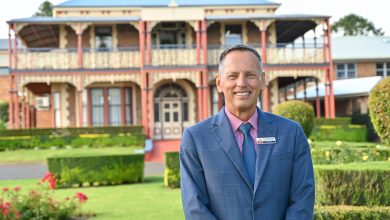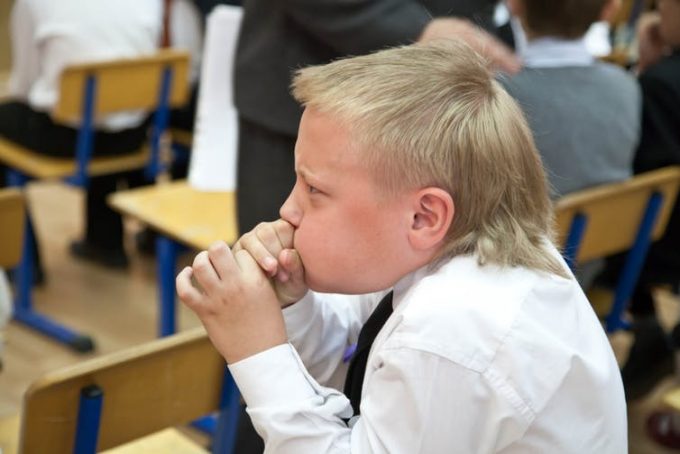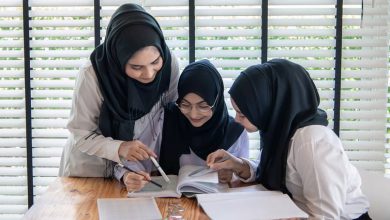
An innovative project is shining a light on a cruel chapter in Australian history.
A group of Aboriginal men who were removed as children from their families will hit the road to share their stories in Australia’s first Stolen Generations mobile education centre.
The Kinchela Boys Home survivors last week launched the mobile exhibition, developed with the support of the NSW Department of Education and other government agencies.
Built into an old commuter bus, the interior houses an exhibition that tells the story of the more than 400 young Aboriginal boys who were inmates at the Kinchela Boys Home, at Kempsey on the NSW mid-north coast, between 1924 and 1970.
The boys who were removed to Kinchela were stripped of their names on arrival and referred to by numbers. Many of them suffered horrific physical, psychological and sexual abuse.
The mobile education centre will travel across NSW, visiting schools and communities to help expand the understanding of the Stolen Generations taught in schools.
The exhibition includes part of the old Kinchela Boys Home gate, while the back half of the bus has been converted into a cinema that will show a short film produced by some of the survivors.
The bus entrance area is painted with the numbers the boys were given to replace their names.
Richard Campbell, who designed the artwork that covers the bus, was known as number 28 in the home.
He said last week’s launch was about acknowledging the ‘strength of Stolen Generations victims and the work they are doing so the pain stops with them’.

Fellow survivor Michael Welsh (number 36) said after the launch he was struggling to describe his emotions.
‘I’m overwhelmed, I’m excited, anxious and frightened, he said.
Uncle Welsh said the logo of the Kinchela Boys Home Aboriginal Corporation – a not-for-profit organisation formed by the survivors – included a question mark.
‘That reflects that as kids we were always wondering why was no one coming to help us,’ he said.
Uncle Welsh said the mobile education centre would support truth-telling and healing within their communities.
‘It’s part of the journey to break the intergenerational trauma that has landed upon our children,’ he said.
Department of Education Deputy-Secretary Georgina Harrisson said the project would play an important role in educating students about what happened at the Kinchela Boys Home and the wider story of the Stolen Generations.
‘The survivors have created this exhibition to make sure the injustices of the past are not forgotten,’ she said.
‘Their crucial outreach work will ensure that we not only know the truth about what happened at the boys’ home, but contribute to the important healing process as we remain conscious of the intergenerational trauma and disadvantage that can live on in descendants of survivors.’
She said the mobile education centre would ‘help ensure that all students, Aboriginal and non-Aboriginal, grow up aware of the complex histories, rich cultures and varied experience of Aboriginal and Torres Strait Islander people’.







